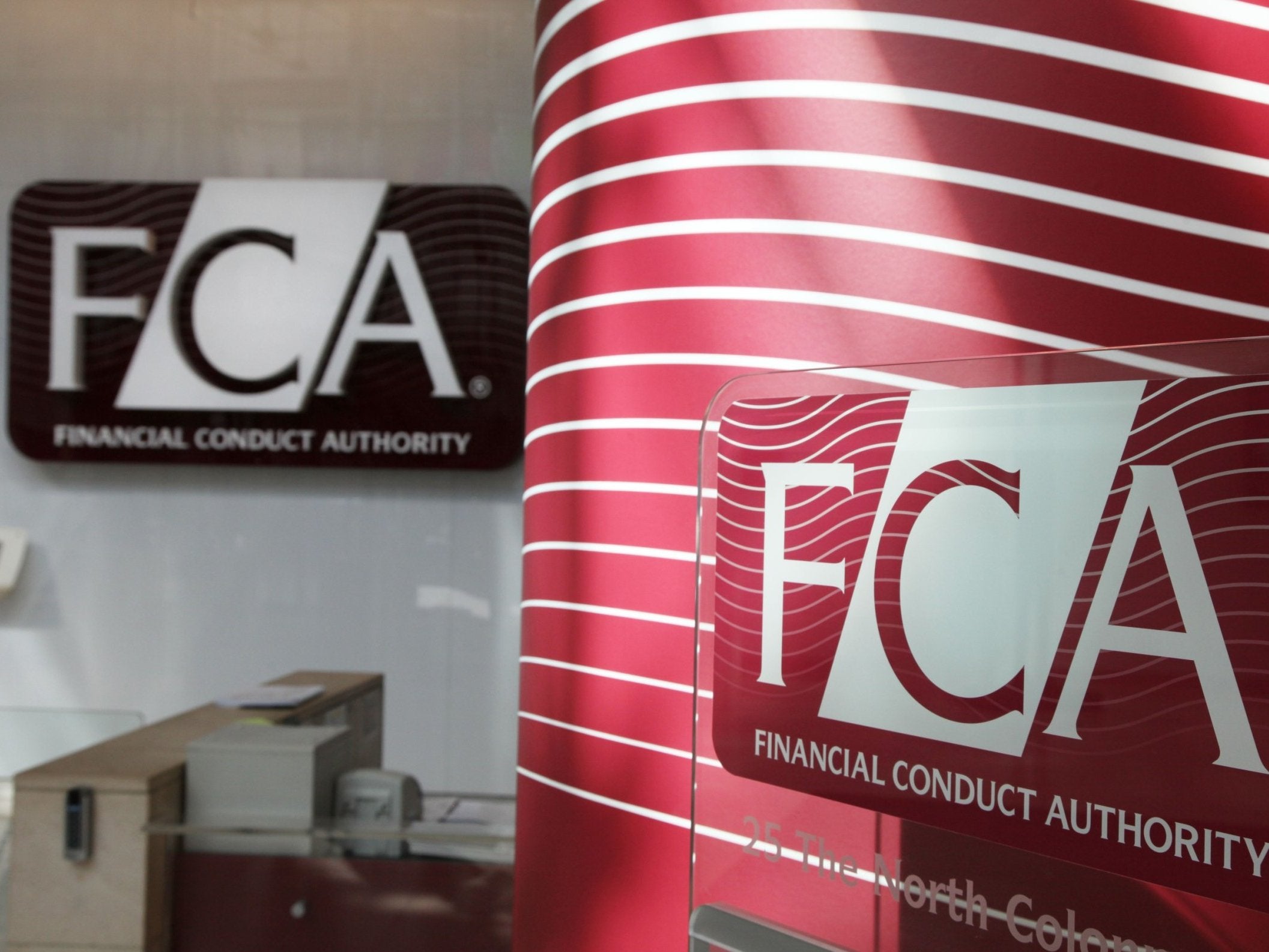What has happened to guarantor loan firms?
It’s a sector that once dazzled investors, but now it’s under a cloud, writes James Moore


The headlines saying that shares in Amigo slumped as “loan growth slows” are a rare example of the media underplaying a story. There’s a bit more troubling the subprime lender than just a modest slowdown.
First, the background: Amigo offers loans to people with bad credit histories so long as they can secure a guarantor to step in if they get into trouble with repayments. Friends, family, you know the drill.
It will lend up to £10,000 at an APR interest rate of just under 50 per cent.
Business was booming until quite recently, with a successful flotation at 275p, which made a billionaire of founder James Benamor and attracted some big name investors.
Since then, it has been a rocky ride. Before yesterday’s update, the shares were trading at less than half their near 300p peak. They’ve since halved again.
A major reason for that is this sort of lending coming under the beady eye of the Financial Conduct Authority.
The regulator has voiced concerns about the growth of the market, the loans’ affordability, the high incidence of repeat loans lenders like Amigo have on their books.
Hard-up borrowers can easily get into a cycle of borrowing, and then borrowing again, which sucks money out of already strained budgets.
The watchdog also worries about whether guarantors really know what they’re getting into. They are themselves often of limited means. Becoming liable for a loved one’s loan repayments is a headache many of them could do without.
You can see why investors initially got excited by the company. It currently has 210,000 customers. There could be 10 million of them in its sector. Amigo and its peers have created a market among them that barely existed before its emergence, one that has been booming. Whether that’s a good thing is open to debate.
The problem with the “subprime” sector is that there is within it a substantial number of people who really shouldn’t be borrowing at all, who are inclined to take out loans to make ends meet rather than to fulfil a purpose (such as buying a car to get a better job).
Those struggling to swim can all too easily get trapped in an escalating spiral of debt that ultimately ends up drowning them.
By their very nature, guarantor loans have the potential to drag others under too. A notable feature of the results is an impairment ratio of more than 30 per cent of revenues, up from 25.4 per cent and a deterioration of the proportion of loan balances fully up to date or less than 31 days overdue.
CEO Hamish Paton characterises Amigo’s offering as “a valuable product that improves [customers’] lives by giving them fair and transparent access to credit”.
If that were so, why the need for a reset, which involves improving “credit and conduct policies” and prioritising new customers over relending to existing ones?
The watchdog has already capped what payday lenders can charge. It followed up with a move on stores operating in the “rent to own” sector. The charges imposed on those whose bank accounts slip into the red via “unauthorised” overdrafts have similarly been addressed.
“You can expect us to be consistent and predictable in our focus on affordability,” is what it has said on the subject of guarantor loans. Good.
Join our commenting forum
Join thought-provoking conversations, follow other Independent readers and see their replies
Comments